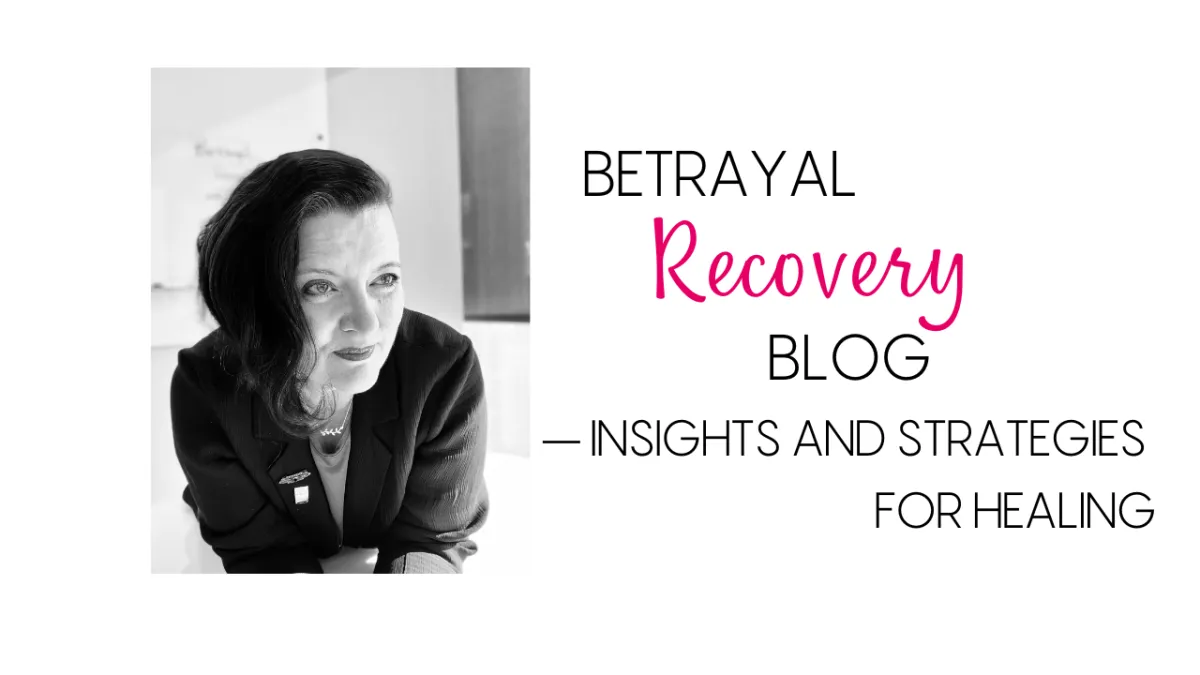
Expert Insights on Betrayal Recovery and Healing:
Blogs by Vanessa Cardenas
In-depth Articles on Healing, Communication, and Personal Growth.

Self-Sabotage vs. Self-Betrayal: What’s the Difference?
by Vanessa Cardenas, Betrayal Recovery Specialist Serving Westchester, NYC, and the Surrounding Region
Understanding Self-Sabotage and Self-Betrayal
Self-sabotage and self-betrayal are behaviors that can hold you back from living a fulfilling life, but they are not the same. While both involve acting against your own best interests, the motivations and outcomes of these behaviors differ. Understanding the distinction between self-sabotage and self-betrayal is crucial for identifying and addressing these patterns in your life.
What Is Self-Sabotage?
Self-sabotage occurs when you engage in behaviors that undermine your own success, happiness, or well-being. These actions are often unconscious and driven by deep-seated fears or limiting beliefs. Common forms of self-sabotage include procrastination, perfectionism, and avoiding opportunities for growth. Self-sabotage keeps you stuck in a cycle of unfulfilled potential, preventing you from achieving your goals.
What Is Self-Betrayal?
Self-betrayal, on the other hand, involves consciously or unconsciously acting against your own values, needs, or desires in ways that harm your well-being. This might include staying in a toxic relationship, ignoring your boundaries, or consistently prioritizing others at your own expense. Self-betrayal erodes your sense of self-worth and leaves you feeling disconnected from who you truly are.
The Motivations Behind Self-Sabotage
The root of self-sabotage often lies in fear—fear of failure, fear of success, or fear of the unknown. These fears can lead you to create obstacles for yourself, whether through procrastination, self-doubt, or other destructive behaviors. Self-sabotage is a way of protecting yourself from perceived threats, even if it means hindering your own progress.
The Motivations Behind Self-Betrayal
Self-betrayal is often driven by a desire to please others, gain approval, or avoid conflict. It can also stem from deeply ingrained beliefs that you are not deserving of happiness or success. When you betray yourself, you act in ways that are misaligned with your true self, leading to feelings of guilt, shame, and regret.
How to Recognize Self-Sabotage and Self-Betrayal
Recognizing self-sabotage and self-betrayal in your life requires self-awareness and reflection. Ask yourself:
Do I frequently procrastinate or avoid opportunities for growth?
Do I prioritize others’ needs over my own, even when it harms me?
Do I feel stuck in a cycle of self-destructive behaviors?
Am I ignoring my own boundaries or values to keep others happy?
By answering these questions, you can begin to identify the patterns of self-sabotage and self-betrayal in your life.
Overcoming Self-Sabotage and Self-Betrayal
Overcoming these behaviors starts with acknowledging them. For self-sabotage, focus on addressing the fears that drive your actions. Challenge your limiting beliefs and take small, consistent steps toward your goals. For self-betrayal, work on building self-compassion, setting healthy boundaries, and honoring your true desires. Remember, overcoming these patterns is a journey that requires patience and persistence.
The Path to Self-Alignment
Both self-sabotage and self-betrayal can be overcome by aligning your actions with your true self. This means living in accordance with your values, honoring your needs, and pursuing your goals with confidence. As you work to break free from these destructive patterns, you’ll find greater fulfillment, self-respect, and inner peace.
Final Thoughts
Understanding the difference between self-sabotage and self-betrayal is the first step toward breaking free from these behaviors. By recognizing the motivations behind your actions and taking conscious steps to change, you can start living a life that truly reflects who you are and what you deserve.
Subscribe for More Insights:
If you found this article insightful and would like to receive similar content delivered directly to your email, please subscribe to our newsletter. Stay updated with the latest information, tips, and strategies for managing life's transitions. Don't miss out on valuable insights that can empower you to make the best decisions for your future. Join our community today, and let's navigate these challenges together. Subscribe now!



© Copyright 2017-2025. Understanding Ear LLC. All rights reserved.

